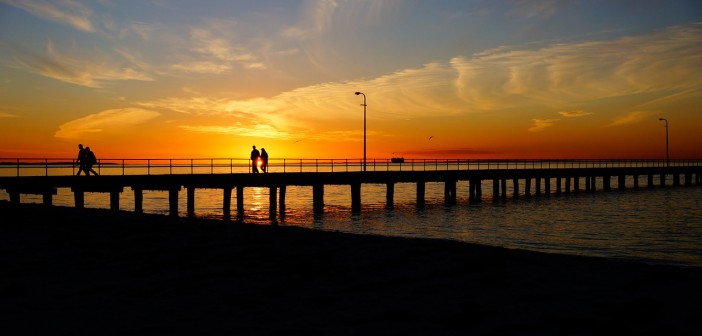We were in a rut! I think we knew we were in a survival mode, and something needed to change. Our language reflected too much passivity. “If people want to come to church, they will come” was a common expression.
We were a bit too comfortable for us to break through to take God’s next faithful step. We did not need to become something we were not, but we did need to “become more of what we have been.”
Then we started organizing old records and, while looking through them, we began to see glimpses of the church and what ministry had looked like over the years past. We reported on specific ministries from across those years along with how they had been implemented.
I used what I was learning from the history to create a “growth chart” to share with our outreach team. It laid out the journey the church had traveled from its beginning. It was easy to see that the church over the years had stepped out of what was comfortable, identified a vision, and moved forward to meet a need. We now had lost such a vision. We were a bit too comfortable for us to break through to take God’s next faithful step.
We did not need to become something we were not, but we did need to “become more of what we have been.” As we studied the “growth chart,” a significant observation became clear to all. New ministries had historically begun where the people were rather than waiting for the people to come to the church. That was a mind-changer. Now we are thinking of new ways to “go where the people are” in such ways as having the men’s group gathering in the dining hall of a retirement home or a Bible Study in a local restaurant.
I have always tended to look at other churches for new ideas. We can learn a great deal from other churches, but we cannot clone ourselves from those churches. In the past, I would never have thought about looking to the charter year of a long-established congregation for ideas for contemporary ministry. We have learned so much from this process and have begun to remind ourselves of who we are, from where we have come, and why we are here. Using 1853 as a foundation, we are adding new chapters to the living history of the church.
Related Resources:
- The Church of the Good Air by Rhonda VanDyke Colby
- Take the Next Step: Leading Lasting Change in the Church by Lovett H. Weems, Jr.






